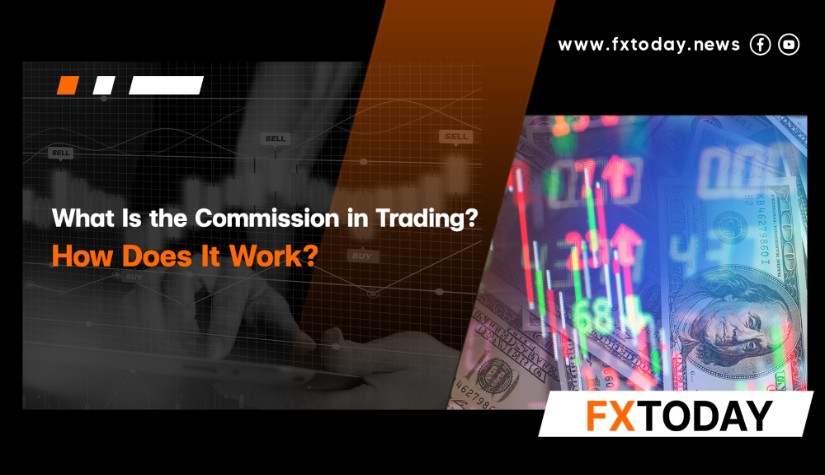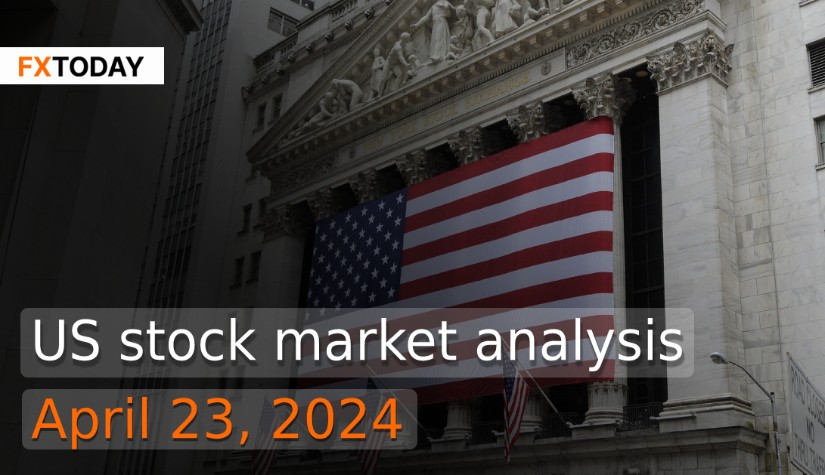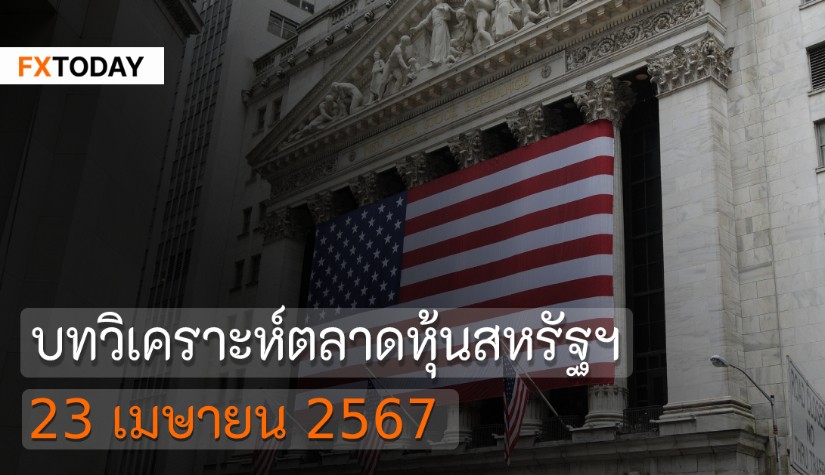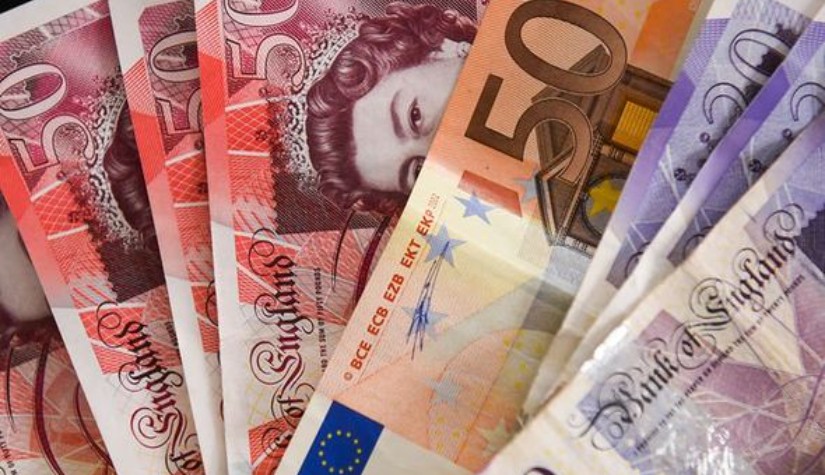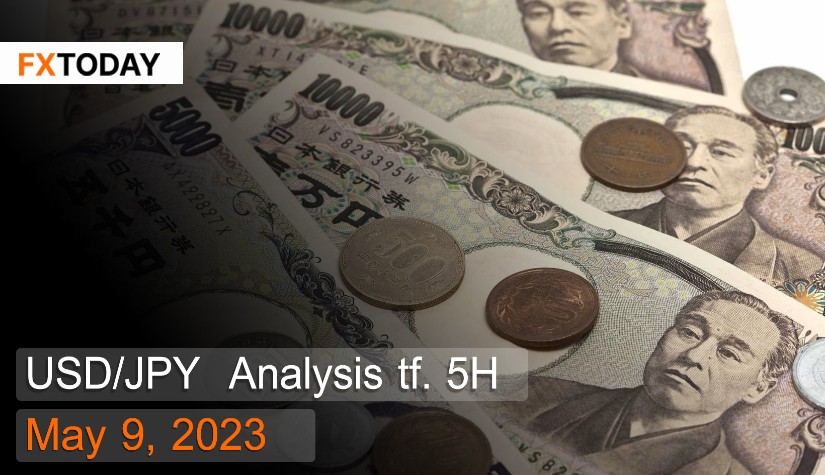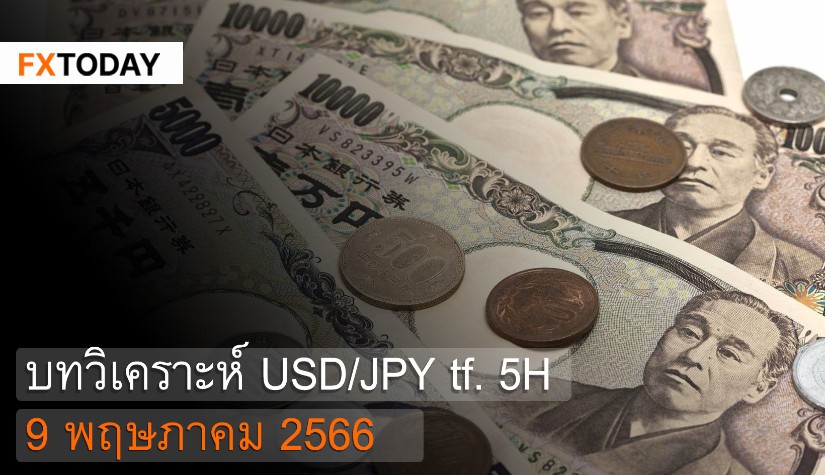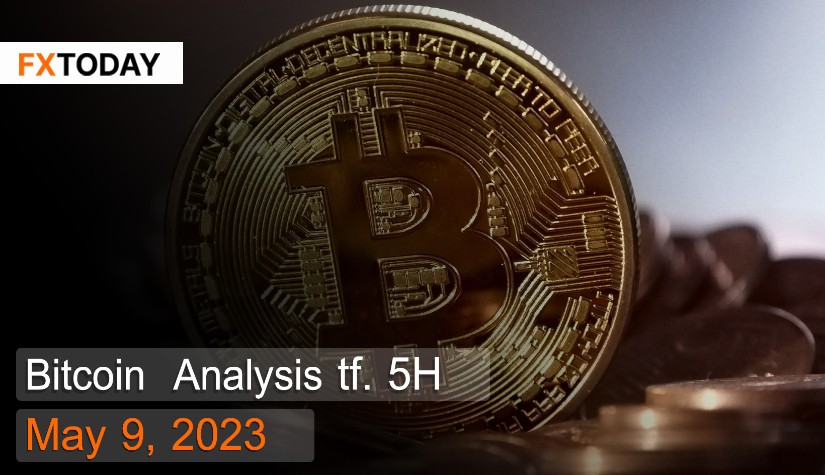If you're involved in Forex trading, you've likely experienced the term "commission." It's an important concept that helps you evaluate the brokers you decide to work with. This article will clarify the intricacies of commission, enhancing your comprehension of the term.
Definition of Commission
"Commission" signifies the fee that brokers charge traders for their services. This fee forms a significant part of brokers' revenue. Despite some brokers advertising zero commission, they may embed it in the spread — the difference between the buying and selling prices in the market at a given moment. The spread can be as low as $0.1 per lot ($100,000 traded), depending on market liquidity and various factors the brokers account for in their revenue calculations.
Conversely, some brokers require a commission because their spreads are very narrow. Certain account models may consider both commission and spread.
In an alternative context, commission signifies the extra financial compensation brokers offer to individuals who encourage others to open accounts with them. For example, someone promoting memberships for brokers like XM or FBS would receive a percentage from each registration and every trade executed by the new member. This provides an additional avenue to generate income through trading that you should consider.
Key Facts About Commission
Forex trading requires paying fees, often termed "commission," to brokers. The aggregate service fees can be comparatively high, rendering the "Free Commission" concept in Forex brokerage somewhat misleading.
The Forex market, like any other, has Bid and Ask prices. The Bid price is the selling rate at the moment, while the Ask price is the purchasing rate. The difference between these prices is known as the spread. For instance, in a EUR/USD transaction, if the Bid price is 1.5157 and the Ask price is 1.5160, the spread is 0.0003 or 3 pips. If you initiate a buy order, you'll acquire at 1.5160, immediately reflecting a loss of -3 pips. Closing the order instantly, with no exchange rate alteration, would result in selling at 1.5157 and incurring a loss of 0.0003 or 3 pips.
The Relationship Between Spread and Commission
The broader the spread, the higher your commission cost. This difference comprises the broker's income, which traders must pay each time they commence a trade.
Even though losing merely 0.0003 from a price around 1.4 may seem insignificant, it's crucial to remember that Forex trading involves leverage. Hence, if you're trading with a 1:100 leverage, it's as if you're placing an order with 100 times your actual capital. In essence, in relation to your real capital, it's not just 0.03%, but 3% itself. If the leverage is 1:500, this figure multiplies further, reaching 15% of your actual capital.
The Spread Variety
Spreads can fluctuate among different brokers, accounts, and currency pairs. Therefore, it's critical to carefully examine the spread and the broker's spread system before engaging their services. When using a broker with a variable spread, it's important to review the spread at the time of trading and verify it before placing any buy or sell orders. Failing to do so may lead to confusion or unexpected costs. Choosing a broker with favorable spread conditions can decrease trading costs. Although the spread may appear insignificant compared to exchange rate fluctuations, saving even 1-2% per trade can culminate in significant savings over several trades.
Introducing Swap
"Swap" represents the difference in overnight interest rates (also known as the overnight interest rate differential or rollover) between traded currency pairs in the forex market. It can be either a debit or credit value. When you buy a currency pair, you accrue interest on the position held overnight, whereas selling a currency pair results in paying interest. Swap rates vary among brokers and according to the currency pair being traded.
It's important to note that Swap rates are calculated at 5 PM New York time, and any trades executed after that time are considered to be for the next trading day.
The Swap +/- value is typically displayed in the trading account after the market closes, approximately one hour after 5 PM. It's important to be aware of the Swap charges, especially when opening positions that will be held overnight, particularly those involving multiple contracts.
Swap rates are determined by each broker and can vary. In general, traders may incur small to significant Swap charges. Swap rates are not calculated over the weekends (Saturday and Sunday), but on Wednesday, the Swap charge is tripled to account for the accumulated interest over the weekend. Therefore, a Swap is considered a commission that can be either positive or negative, representing the interest earned or paid.
Common Misunderstanding About Brokers
Many people are uncertain about brokers, assuming that they profit from their losses. Nevertheless, this is usually a personal bias, as most brokers aim to generate long-term profits from traders by encouraging regular trading and benefiting from consistent commission fees.
Conclusion
Commission signifies the fee traders pay to brokers when executing trades under specified conditions. This fee can be distinguished into various components, including Spread, Swap, or Introducing Broker (IB) fees for partners. The precise cost incurred is the spread and commission, set differently by each broker and indicative of their client commitment. Hopefully, this article will guide you in making an informed decision when selecting an appropriate broker.
______________________________
Maximize your knowledge: Blog
Keep up to date on global events: News
Updated
10 months ago
(Jun 09, 2023 16:31)

